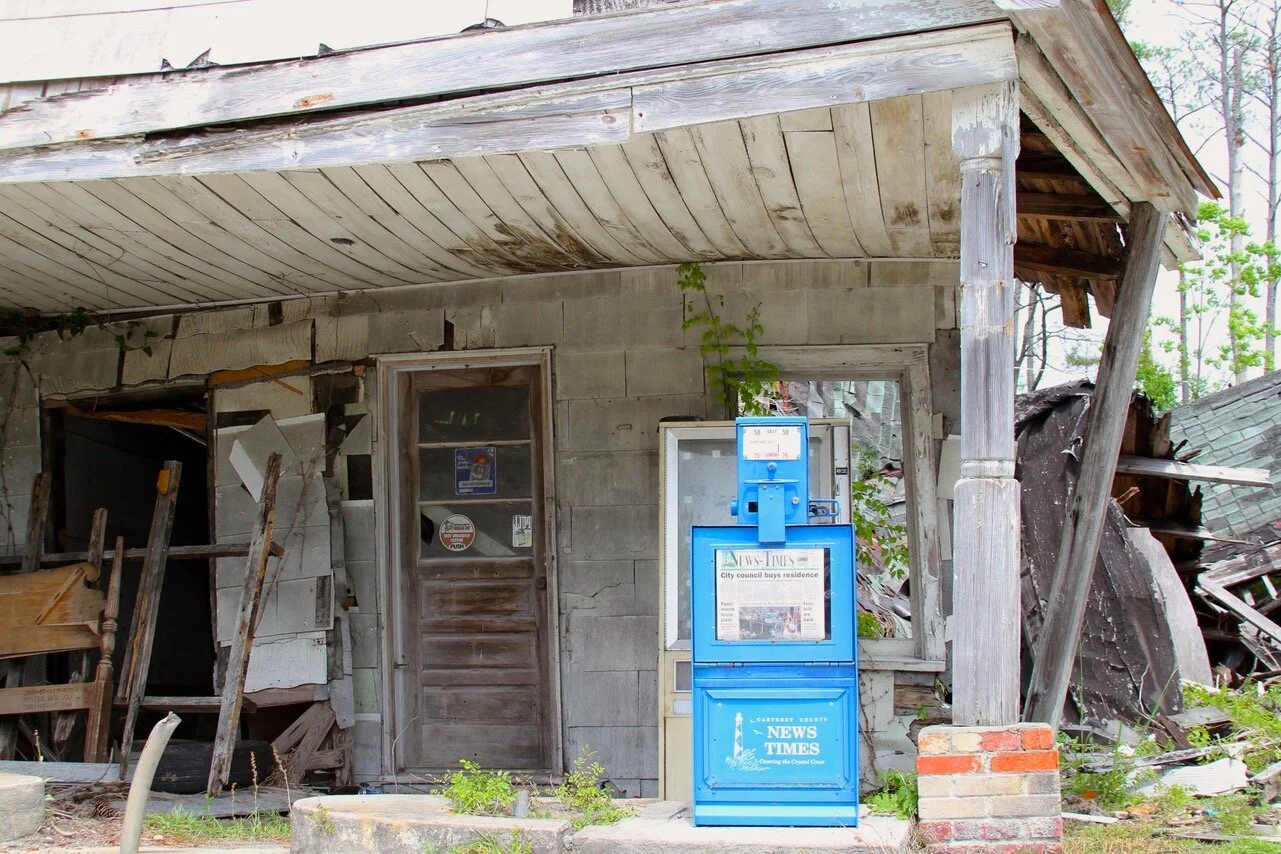Paying Attention Pays Off
By Eric Johnson
September 2019 | Local Reporter
One of the deep oddities of our age is that human attention has come unmoored from human geography. For many of us, the places where we live and work and send our kids to school no longer command the lion’s share of our brainspace. As one of my bosses likes to say, the technology of distraction has outrun the discipline of attention. Our minds are constantly being directed elsewhere.
We have online friends and followers who are more likely to live across the continent than across the street. News sources are relentlessly attuned to national controversies at the expense of local life. And everyone carries glowing devices that have been carefully engineered to make communication across time and distance much easier and more comfortable than communication across a dinner table.
People usually bemoan these trends in the context of their personal costs — rising anxiety, a sense of disengagement from our own communities, a pervasive feeling of twitchy unrest as people fill every spare moment with thumb-scrolling across cellphone screens. I work on a college campus, and the effect of this brave new world on a generation of unwitting guinea pigs is one of the biggest concerns for teachers and mental health professionals. We quite literally don’t know what all of this is doing to our minds.
Less appreciated is the very real cost in public dollars. I have a two-year-old at home, and I have learned that bad things start to happen when my attention wanders. What’s true for toddlers turns out to be true for public officials, as well.
A study highlighted last year by CityLab found that public borrowing costs tend to increase in communities that lose local news coverage. “We wanted to show that, if you look at the municipal bond market, you can actually see the financial consequences that have to be borne by local citizens as a result of newspaper closures,” said Chang Lee, a professor at the University of Illinois at Chicago and one of the co-authors of the study. “Our analysis suggests that newspaper companies, or the information they provide, is a public good and it’s worth providing.”
Precise causation is hard to prove, but it makes intuitive sense that the loss of watchdog journalism means more opportunities for politicians and public officials to duck hard questions and limit public debate. That’s because local reporters don’t simply share information; they translate it. They become experts in the arcane fields of municipal finance, stormwater infrastructure, housing regulation, traffic engineering, etc., and they translate that hardwon knowledge into something normal citizens can understand.
There’s an art to this kind of coverage. I make a habit of picking up small-town newspapers whenever I’m traveling, and there’s a world of difference between good accountability journalism and glorified stenography. Conveying who said what at the Board of Aldermen is easy; explaining why it mattered, and how it’s likely to affect town residents, requires deep skill and experience. It’s not enough to drop into Town Hall on the day they’re taking a vote; you need to be there for all the debate and discussion beforehand, and you need trusting relationships with sources who can explain the maneuvering and political pressure that happens behind closed doors.
In short, you need people who are paying close attention, close to home.
I visited the Washington Post newsroom a couple weeks ago, marveling at the sheer scale of the place. They’ve been adding reporters and editors at an impressive clip, feeding the country’s bottomless appetite for political news. It was heartening to see a newsroom full of energy and ambition, but it’s all focused on a relatively small number of national stories. Every minute people spend paying attention to Trumpian outrage or 2020 Democratic primary polls is a minute they don’t spend on issues closer to home. Attention drifts to Washington and New York, while life goes along unreported here in North Carolina.
There’s been a lot of rhetoric in recent years about “citizen journalism,” volunteer reporters doing their part to gather local information and share it with the broader community. My wife is part of a Facebook group of local parents that often turns up useful information about schools, libraries, and kid-friendly events. They occasionally get into debates about politics and child-rearing etiquette, and it’s fascinating to see those online discussions play out.
But loose networks of people with common interests can’t replace the diligent work of full-time journalists, people backed by institutions with real influence. That influence, that capacity to hold people accountable and keep the wheels of civic life turning, depends on having readers. It depends on people paying attention to the places they call home.
By all means, get worked up about the big issues animating national news. Stay connected with the broader world. But reserve a little time, a little attention and energy, for this place. The future may be digital, but lives aren’t.
Originally published by the Carrboro Local Reporter. thelocalreporter.press/paying-attention-pays-off/
